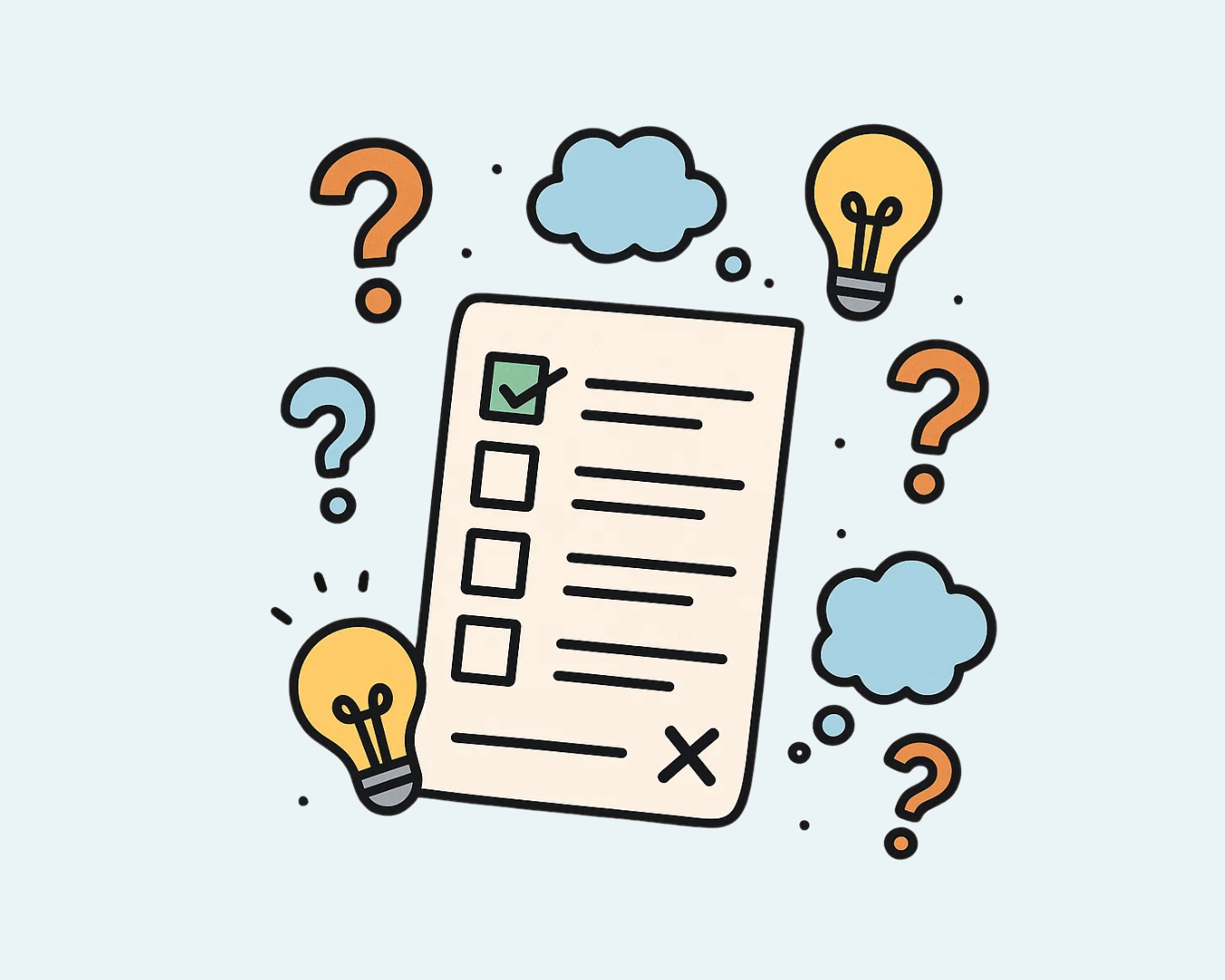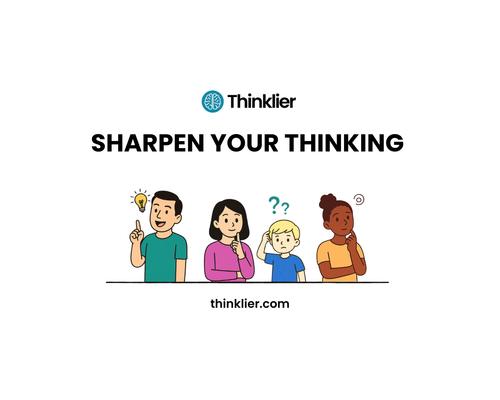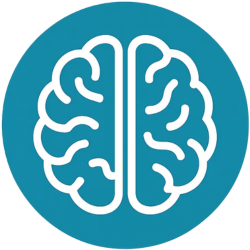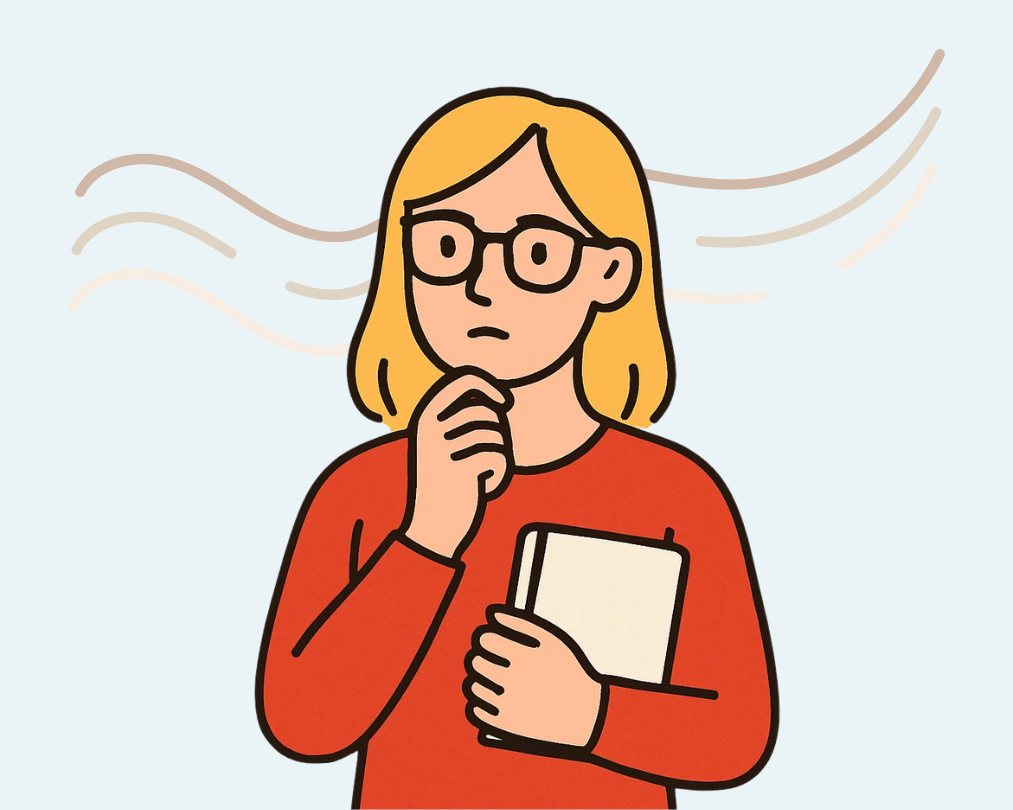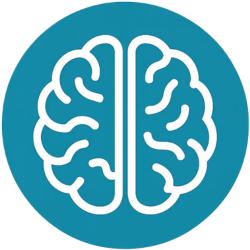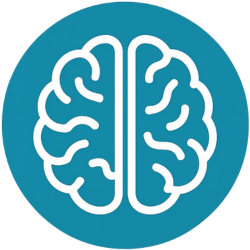Lesson 10: Thinking as a moral act: what’s at stake
From The Thinking Toolkit
How we think affects more than just ourselves. This final lesson looks at the ethical dimension of thinking — and why it matters more than ever.
We often talk about thinking as if it’s just a cognitive skill, like solving puzzles or spotting patterns.
But in the real world, thinking isn’t neutral.
- What we believe affects how we treat people.
- What we accept shapes what we allow.
- What we share influences what others believe.
And that means: how you think shapes the kind of world you help create.
Thought isn’t private anymore
In the age of algorithms, group chats, and viral noise, our ideas don’t stay in our heads.
They spread. They influence. They ripple out.
A careless post. A second-hand opinion. A belief absorbed without question.
These things matter — sometimes far more than we realise.
Why clear thinking is moral, not just mental
Clear thinking takes effort. It means resisting easy narratives, questioning your side, and slowing down in the heat of the moment.
That effort is a kind of responsibility — not just to yourself, but to others. Why?
- Because confused thinking leads to confused policies.
- Lazy assumptions lead to lazy injustice.
- And tribal certainty can lead to very real harm.
We don’t have to be perfect — just honest
None of us gets it right all the time.
But we don’t have to become philosophers to think clearly.
We don’t have to weigh every word or second-guess every thought.
But we do have to care about the truth.
We do have to reflect.
We do have to take thinking seriously, because it’s not just about being right. It’s about doing right.
Mini challenge: trace the ripple
Take one belief you hold — about politics, education, technology, or culture.
Then ask:
- Where did I get this belief?
- What actions or attitudes flow from it?
- How might it affect others, especially if I’m wrong?
Follow the ripple. See where it leads.
In short
Thinking isn’t just about being clever — it’s about being responsible.
Every opinion you form, every story you believe, every idea you share sends out ripples.
If we want a wiser, more truthful world, we have to start by thinking with care. And courage.
Don’t forget the companion workbook
To get the most out of this lesson, download the workbook — it gives you space to reflect and one simple habit to build.
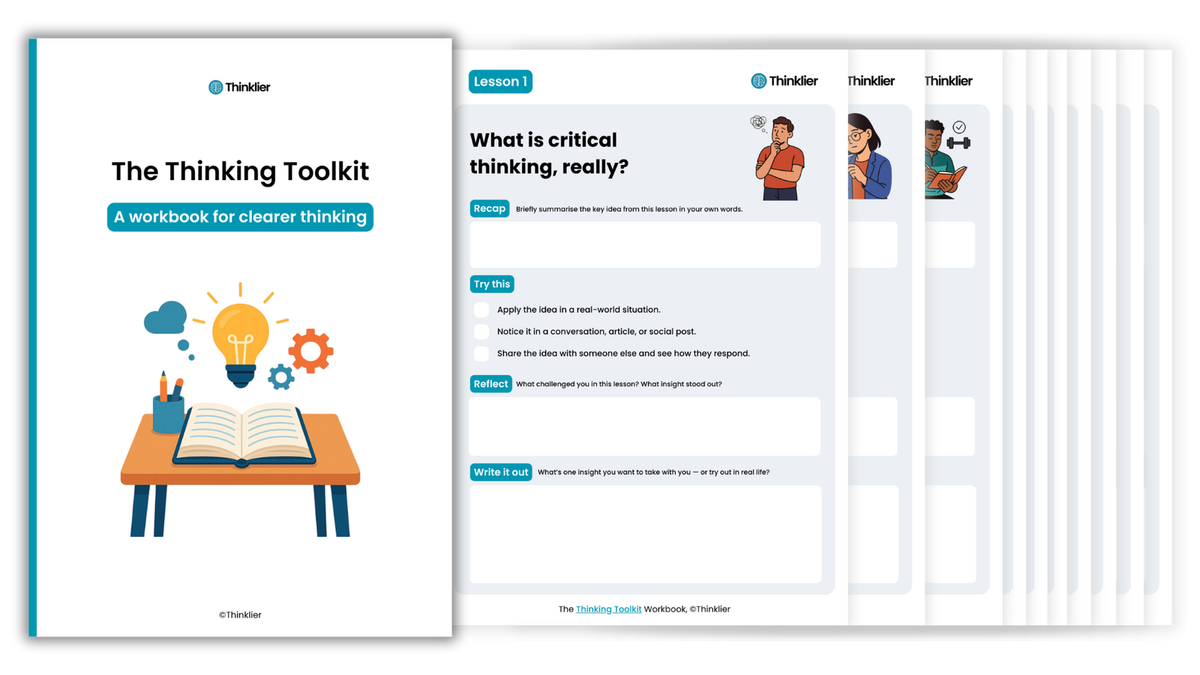
Next up
